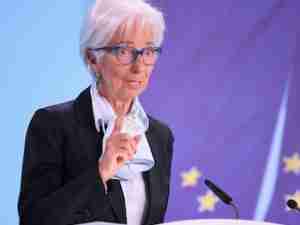Jack Roney, economics director for the American Sugar Alliance, said that Thailand is one of 22 sugar-exporting countries with which the US is negotiating FTAs. Those countries export more than 21 million tons of sugar annually, over twice the amount the US consumes yearly.
"Thailand is the world's third-largest sugar exporting country overall, behind only Brazil and the EU," he said. "Thailand produces more than twice as much sugar as the Cafta countries combined, and exports two-and-a-half times more - in excess of five million tons a year."
Thailand has generated sugar surpluses with considerable government assistance, according to Roney. He cited Thai government policies, including: providing a $250 million credit line for pre-financing the cane crop; a supplementary payments program for Thai farmers of more than $400 million last year; and the Thai government's control of domestic sugar sales through a system of mill-by-mill quota allocations. Producers receive a fixed domestic price, and the remaining production must be exported.
Roney noted to the commissioners that ASA testified last week on opposition to the proposed US-Central America Free Trade Agreement. Cafta, and subsequent FTAs, "would badly oversupply the domestic sugar market and cause the collapse of the US sugar industry," he said.
"US sugar producers are among the most efficient in the world," he emphasized. "We have long endorsed the goal of multilateral trade liberalization through the World Trade Organization. We could compete with foreign sugar farmers on a level playing field. We cannot compete with foreign governments." (OsterDowJones)




